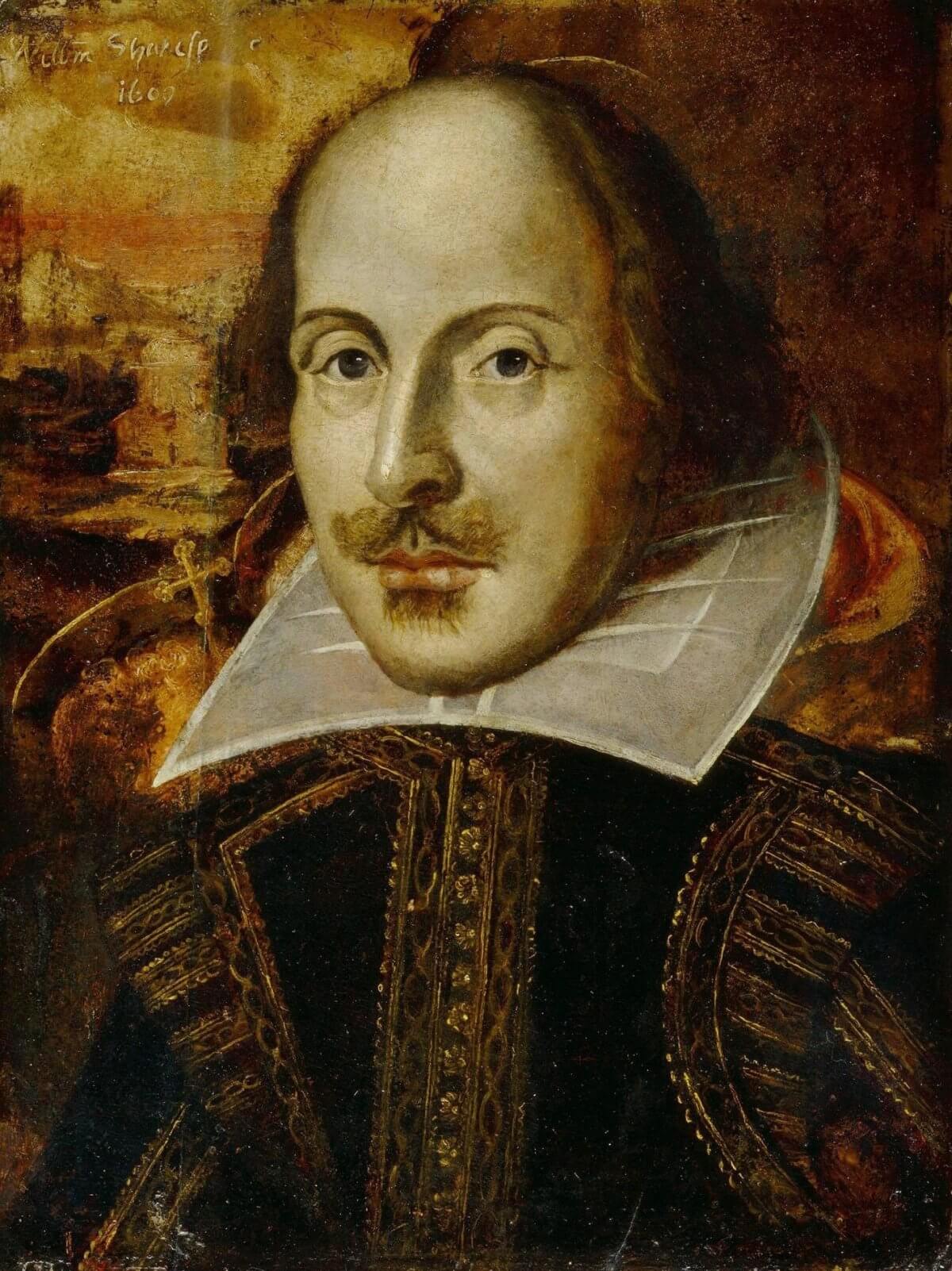Introduction
Shakespeare is one of the most mysterious authors in the world literature. Let's try to solve his riddle!

Process
Activity 1 (for 5-11th grades):
Let's get started! First, watch these videos:
Use the above videos to find out the answers to the questions below.
1. How much do we know about Shakespeare's life? Why?
2. Where was Shakespeare born?
3. What date was he born on?
4. Did Shakespeare ever get married? If so, to whom?
5. Shakespeare became an ____________ and a _________________ .
6. What day did he die? What is unusual about this date?
7. What genres did Shakespeare write in?
8. What theatre did he build?
These materials will help you answer the questions above:
https://docs.google.com/document/d/1jrOLtJvR7Yc3gNWHor_p8H05xMWtQwt4/edit#heading=h.gjdgxs
https://drive.google.com/file/d/1fQySzgIrs1NvG3IJ52rKcOZhrTFiROkm/view?usp=drive_link
Now draw Shakespeare or his theater as you imagine them.
Attach your drawings to the Shakespeare wall.
Activity 2 (for 7-11th grades)
Now that you know the time Shakespeare was born, and the basics of his life, and some of his works, lets look further into one of his most famous works, Romeo and Juliet.
Below there is a list of statements about the play. They could be true OR false. You are to work out what is right and what is wrong. Use this website to help you: https://en.wikipedia.org/wiki/Romeo_and_Juliet
1. The plot of Romeo and Juliet is based on a French tale.
2. The play is believed to have been written between 1581 and 1585.
3. The play is set in Venice, Italy.
4. It begins with a street fight between the Montague and Capulet servants.
5. Romeo first sees Juliet at a ball in the Montague house.
6. With the help of Benvolio, they are secretly married the next day.
7. Romeo kills Juliet’s cousin, Tybalt, in revenge for his killing Romeo’s close friend and ally, Mercutio.
8. For the execution, Romeo is exiled from Verona.
9. Before he leaves, he secretly spends the night with Juliet.
10. Juliet’s mother offers her a drug that will put her into a coma for ’two and forty hours’ on the night before her planned wedding to Paris.
11. When she is found, she is believed to be dead.
12. Romeo buys a gun to kill himself when he hears the news.
13. At the crypt where Juliet’s body has been laid, Romeo is met by Paris.
14. He kills him before drinking the poison.
15. When Juliet awakens from her deep sleep, she realizes Romeo is dead and, panicking, she runs away.
Visit the website https://www.britannica.com/topic/Othello-by-Shakespeare to learn about the historical and cultural context of Othello. Answer the following questions based on your research:
- When was Othello written?
- What was the social and political context in which Othello was written?
- How did the audiences of Shakespeare's time react to Othello?
Watch the video to learn about the characters in Othello. Answer the following questions based on your research:
- Who is Othello?
- Who is Desdemona?
- Who is Iago?
- Who is Cassio?
The task for the Shakespeare Wall:
- you can write in 5 sentences the content of "Romeo and Juliet" or "Othello",
- write in 5 sentences a review of one of the tragedies,
- portray one or several characters (do not forget to sign them),
- you can come up with another end to these two stories,
- and you can also translate a piece of the original text into Russian by attaching the original.
Activity 3 for the most curious:
Shakespeare is known to have created roughly 1700 words that we still use today, quite often too. However a lot of his works are also written in an older English. With words such as thou and dost and many more. These words have modern equivalents. Use the below website to translate the sentences shown.
Shakespeare Lexicon: https://learn.lexiconic.net/shakewords.htm
1. Thou wast in the next room.
2. Ye all came forth from the room.
3. Get thee to a nunnery.
4. If thou remember’st not the slightest folly.
5. Doubt that the sun doth move.